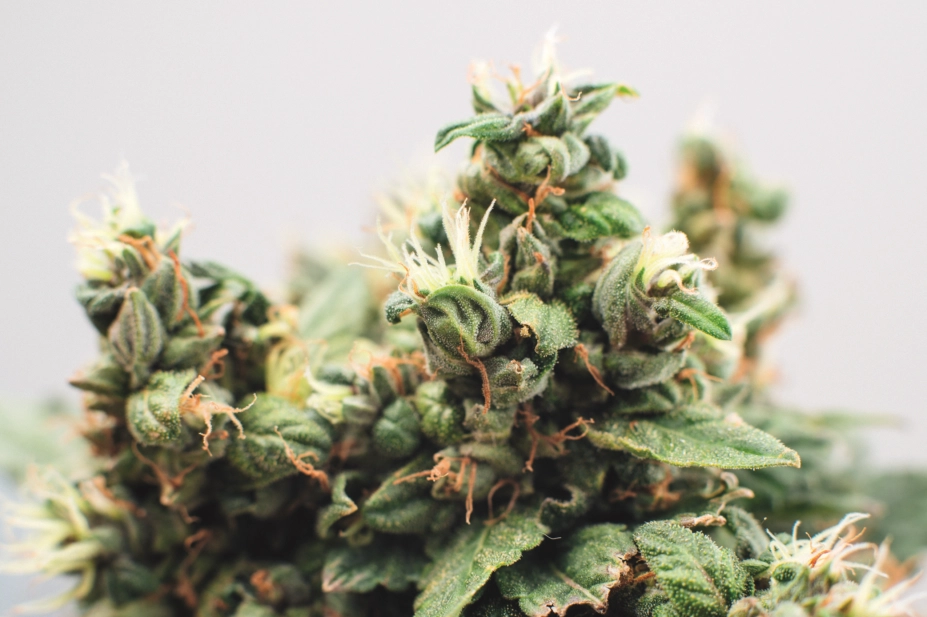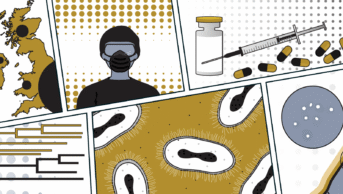
Shutterstock.com
Positive airway pressure is the primary treatment for obstructive sleep apnoea (OSA), but it is associated with poor long-term adherence.
In a study in Sleep (7 November 2017), researchers explored the efficacy of dronabinol, a cannabinoid primarily used to treat nausea and vomiting in people receiving chemotherapy[1]
. They randomly assigned 73 patients with moderate or severe OSA to placebo, dronabinol 2.5mg or dronabinol 10mg to be taken one hour before bed for up to six weeks.
They found that both doses of dronabinol significantly reduced apnoea/hypopnoea index scores compared with placebo, by 10.7±4.4 and 12.9±4.3 points, respectively, from 25.9±11.3 at baseline. Patients assigned to dronabinol 10mg also reported greater overall treatment satisfaction.
The team said the results indicated the potential of dronabinol for treating OSA, but larger clinical trials will be needed to clarify the use of cannabinoids for the condition.
References
[1] Carley D, Prasad B, Reid K et al. Pharmacotherapy of apnea by cannabimimetic enhancement, the PACE clinical trial: effects of dronabinol in obstructive sleep apnea. Sleep 2017. doi: 10.1093/sleep/zsx184


